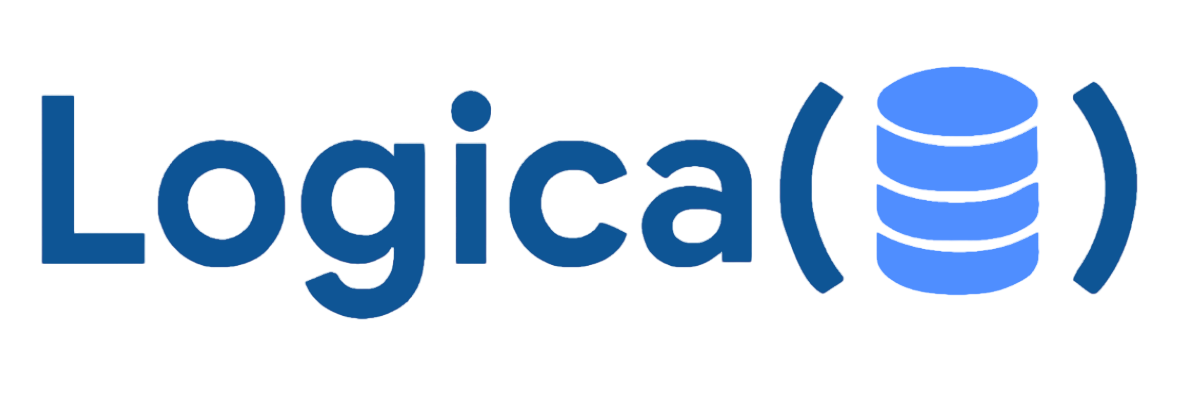Functional notation
Functions are mathematical objects that take some value as an input and return some value as an output. Modern imperative programming language extensively use functions, and there is a whole programming paradigm functional programming that doubles down on using functions to express the computation. Functions are indeed a conventient way to express data items transformation.
In mathematics functions are often defined as sets of pairs, where the first element is the input of the function and the second element is the output. Logica follows the same path, allowing predicates to be used as functions.
Let's consider a toy example, where our input data is defined by predicate T and consists of some numbers, our tranformation is defined by a predicates S which squares the numbers and predicate D which doubles the numbers. We obtain output data R applying those two transformations to each element of T.
T(1);
T(2);
T(5);
T(8);
T(9);
S(x, y) :- y == x * x;
D(x, y) :- y == 2 * x;
R(z) :-
T(x),
S(x, y);
D(y, z);To apply the sequence of transformations using regular predicates we need to introduce variables for intermediate results. Composition of functions is more readable. Let us first see how we can implement the same computation using functions in Logica and then discuss internal semantics.
T(1);
T(2);
T(5);
T(8);
T(9);
S(x) = x * x;
D(x) = 2 * x;
R(D(S(x))) :-
T(x);In general when a predicate is defined with functional value = <functional value> this value is simply represented as a column named logica_value: <functional value>.
For example if we define a predicate
BookAuthor(title: "To Kill a Mockingbird", year: 1960) = "Harper Lee";
BookAuthor(title: "1984", year: 1949) = "George Orwell";
BookAuthor(title: "The Great Gatsby", year: 1925) = "F. Scott Fitzgerald";
BookAuthor(title: "Brave New World", year: 1932) = "Aldous Huxley";
BookAuthor(title: "Catch-22", year: 1961) = "Joseph Heller";then it would be evaluating to
+-----------------------+------+---------------------+
| title | year | logica_value |
+-----------------------+------+---------------------+
| To Kill a Mockingbird | 1960 | Harper Lee |
| 1984 | 1949 | George Orwell |
| The Great Gatsby | 1925 | F. Scott Fitzgerald |
| Brave New World | 1932 | Aldous Huxley |
| Catch-22 | 1961 | Joseph Heller |
+-----------------------+------+---------------------+When defining functional predicates you have all the regular arsenal available, i.e. you can have rule body, variables, named and positional arguments etc.
For example if we already had Book predicate we could define BookAuthor functional predicate as follows:
Book(title: "To Kill a Mockingbird",
info: {author: "Harper Lee", publication_year: 1960});
Book(title: "1984",
info: {author: "George Orwell", publication_year: 1949});
Book(title: "The Great Gatsby",
info: {author: "F. Scott Fitzgerald", publication_year: 1925});
BookAuthor(title:, year: info.publication_year) = info.author :-
Book(title:, info:);When functional predicate is used as function, its occurence is replaced with the an auxiliary variable and call to the predicate is added conjunctively to extract the value of this variable from logica_value column.
For example proposition
F1(x) + 1 == F2(y) + 10
is interpreted as a conjunction
f1 + 1 == f2 + 10, F1(x, logica_value: f1), F2(y, logica_value: f2)
